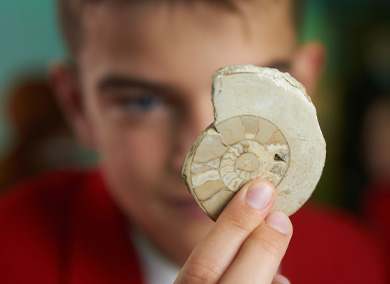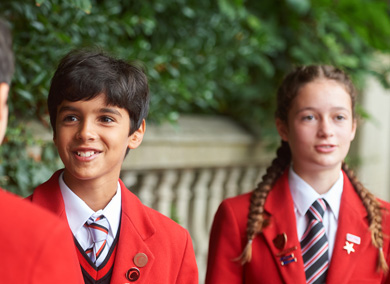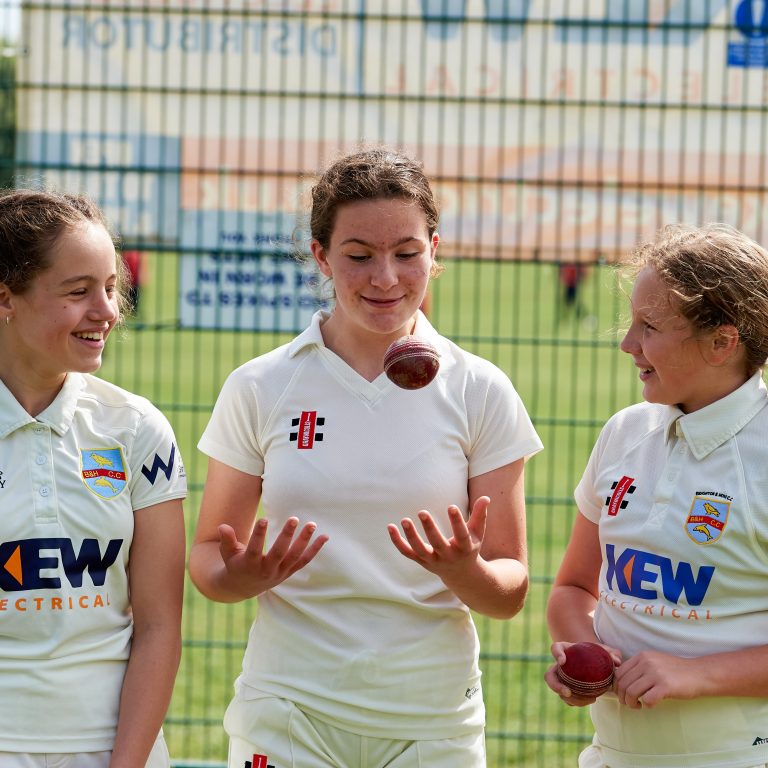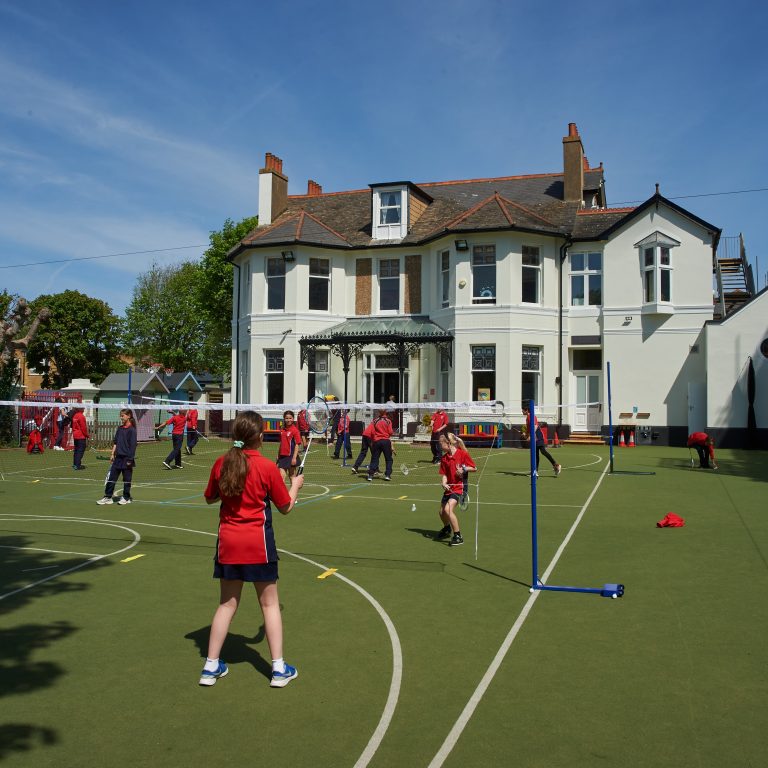As we approach the Spring Equinox this coming Monday, St Christopher’s embraced Science Challenge Week across the school. On Monday, Mr Stead’s Assembly set the stage by introducing a challenge for the students to make their own Dinosaur Top Trump cards. We now have a healthy pile of these in the science lab to judge. There has also been a ‘Science Question of the Day’ quiz for pupils around the school. The winners of both of these will be announced next week. Mr Flint gave a whole school Assembly on “New Discoveries in Science” on Thursday. This included new images from the James Webb Space Telescope, the Artemis moon missions, medical discoveries, new species and pictures of his pet spider (and cat).
Science in all its forms has always been instrumental in the progress of humanity. It touches every aspect of our lives; everything from food production and transport through to medical imaging and satellites. Scientific advancement always relies on the solid foundations of earlier discoveries. As a discipline, Science builds on its own discoveries. If Isaac Newton hadn’t performed his experiments on light and the colour spectrum, we wouldn’t have understood that there are forms of light which we can’t see. This in turn led to the discovery of the electromagnetic spectrum which led to the discovery of ultraviolet light and microwaves which both have more important uses than heating up leftovers!
Newton’s statement that “If I have seen further, it is by standing on the shoulders of giants” is a recognition of all of the work and experimentation that came before. And yet sometimes discoveries are made which aren’t accepted at the time. Aristarchus of Samos proposed that the Earth orbited the Sun in the 3rd century BC. Dr Ignaz Semmelweis suggested that doctors should wash their hands between patients (especially when performing surgery) back in the early 19th Century. Rosalind Franklin was the driving force and chief experimenter in our quest to discover the structure of DNA, later used by Crick and Watson. And Alfred Wegener put forward the theory of Continental Drift sixty years before the idea was accepted.
Children need to know that Science is not just a catalogue of facts but that Science and the scientific method allows us to know which statements are true using controlled tests and experiments. Facts must be observable, testable, and the outcomes of the tests must be repeatable. I believe that this is one of the most important things that children learn in school – that facts are provable using an agreed system. At St Christopher’s children are taught to question and think for themselves, and understanding the scientific method is a big part of this.
Rudolph Carnap, German philosopher, said “Science is a system of statements based on direct experience, and controlled by experimental verification.” For me, this is the most elegant description of Science and one we should all remember. Speaking of Rudolph Carnap, here is a fun video by the band They Might Be Giants (remember them?) quoting Carnap: They Might Be Giants – Science is Real – YouTube
Ms Elizabeth Lyle, Head






